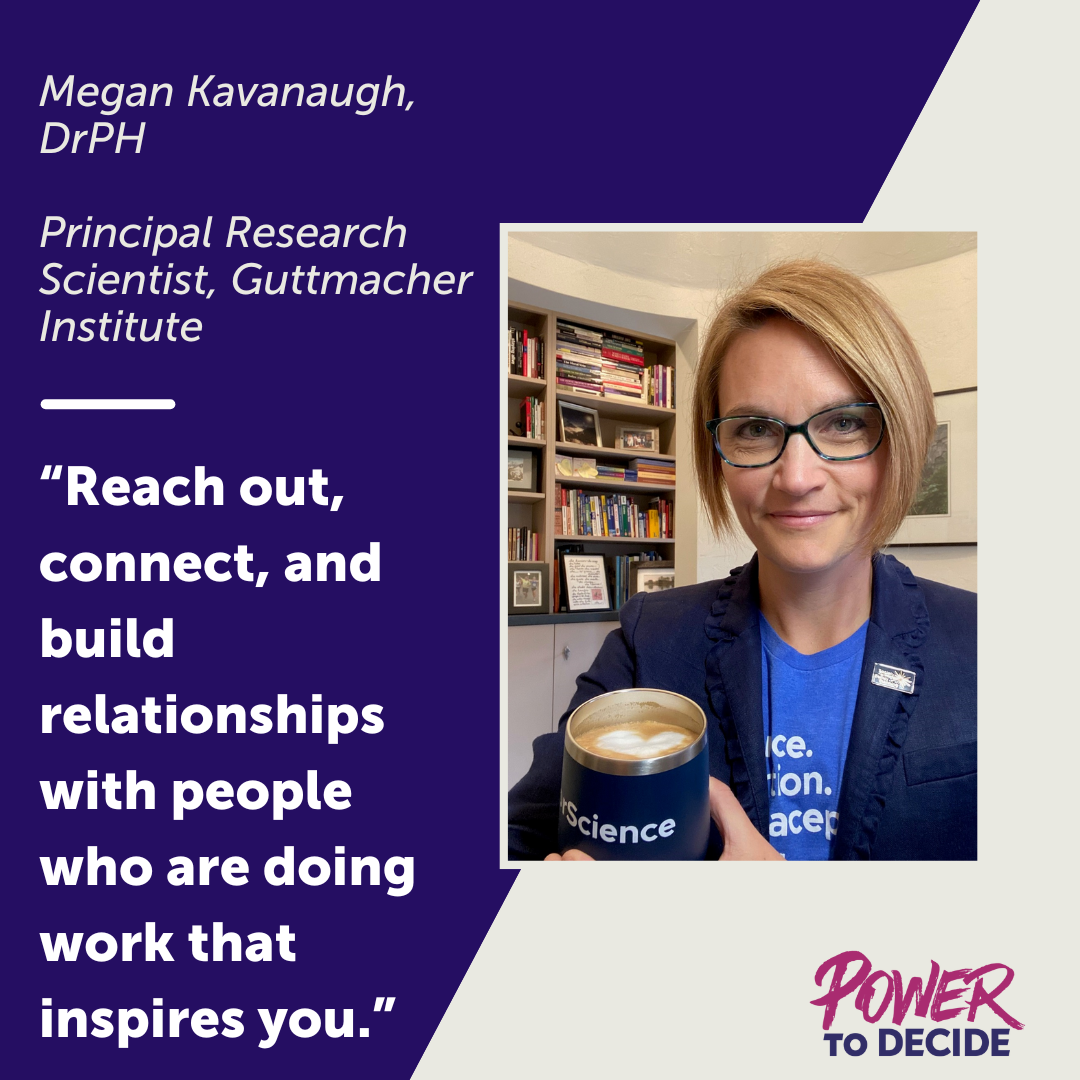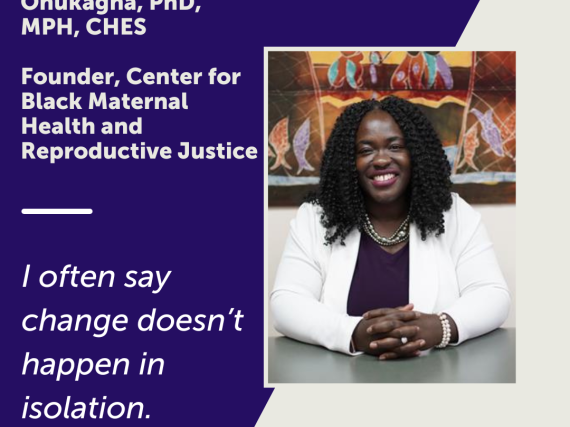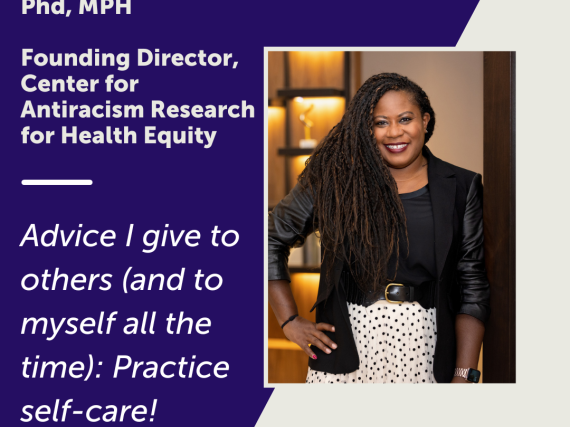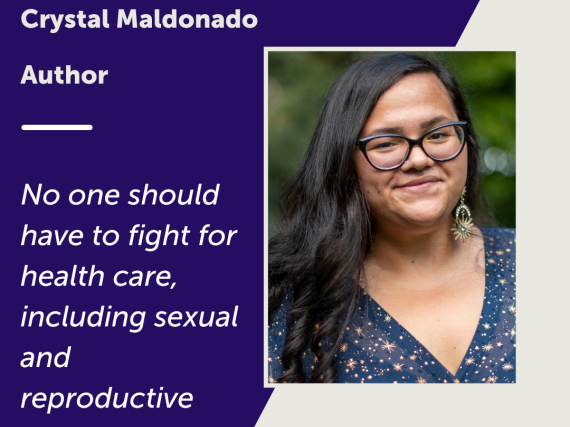June 2024 Power Player
At Power to Decide, we’re committed to uplifting the many individuals on the ground doing the work that matters most. As part of this commitment, we regularly highlight an individual who is championing the effort to support people’s reproductive well-being. Check out our newest Power Player profile.
Megan Kavanaugh, DrPH, she/her/hers
Principal Research Scientist, Guttmacher Institute
What work have you done to ensure that all people have the information and access they need to make decisions that align with their intentions and improve their reproductive well-being?
As a scientist, I have built my work around the idea that rigorous and high-quality evidence should be a key building block on which to build programs and policies that help people to live healthy lives and attain their self-determined highest level of reproductive health. But these programs and policies will be unsuccessful if this research does not reflect people’s real lives and experiences. Along with so many colleagues across our field, I have been working for many years to reexamine and reconsider many of the key metrics that we use to both set and monitor public health goals related to sexual and reproductive health in the United States. This includes revisiting the original assumptions that drove why a particular metric was prioritized, rethinking the approaches to collecting and analyzing data that feed into specific metrics, and aligning research infrastructure to more closely reflect desired study populations and universes, among other efforts.
And while research is a key component of this work, it is just one of the many critical pieces that are needed to build systems and structures to support people in attaining their highest level of reproductive health. It’s a long, slow, and winding path to try to shift long-held beliefs and assumptions both about how people “should” do this and the role of research along this path, but the collaborative and inspiring community working alongside me gives me optimism.
How did you get started in your field? What is your driving force?
I’ve personally always been motivated by the intersection between science and social justice issues, especially identifying the ways that the former can provide a foundation from which to lift up the latter. In my early years of grad school, I worked both as an options counselor at an abortion clinic and a sexual health educator at our university at the same time that I was sitting in public health classes to build my understanding of health behavior theories and learning about how public health goals are set at the national level. There seemed to be a clear disconnect to me between how abortion patients and college students talked about their sexual and reproductive health needs and lives and what was being taught in public health textbooks. Those early signals of misalignment between the research process and people’s real lives were a spark that spurred me on the path that I continue to pursue today.
These days, the brilliance and dedication of the many different people who bring a variety of perspectives to the work is my biggest motivator. We will never attain our vision of sexual and reproductive health, rights, and justice by thinking about or working on our issues by ourselves; this is a case where the sum truly is greater than the individual parts.
What advice would you give to someone looking to effect change in the field that you currently work in?
My advice is two-fold:
- Reach out, connect, and build relationships with people who are doing work that inspires you and/or sparks curiosity about their approach to doing the work. The shortest/most informal conversation held in a conference hallway might entirely shift your perspective, spark a new collaboration, generate an innovative research idea, or lead you to truly finding your people!
- Recognize that the work to build and shift systems and programs to actually support people in realizing their self-determined highest level of sexual and reproductive health takes the commitment of people from all perspectives and experiences. If you are excited to contribute as a researcher, that’s great! And, also, recognize that research is a necessary but not sufficient thread within the overall fabric that needs to be woven from the many perspectives contributing towards our shared goals.
Why should someone care about ensuring that all people—regardless of who they are or where they live—have the information and access they need to live their best life?
Because having full reproductive freedom, agency, and overall well-being are such core aspects of our humanity, and everyone deserves to realize these fundamental human rights. I also want to highlight our shared humanity here; one person’s realization of these individual-level rights often trickles out to positive outcomes for people around them, from partner and close relationships, to families, to communities, and beyond.
Is there a highlight of your work that you’d like to share?
Just this month I was honored to be among a group of panelists—along with Dr. Raegan!—invited to the White House to mark the 59th anniversary of Griswold vs. Connecticut and to highlight the current landscape of access to contraception in the United States. It was encouraging to see the strong support for people’s sexual and reproductive health care access articulated at the federal level of government, and personally it was fulfilling to be in community with so many others coming from different spaces in the movement who have been working towards shared goals for so many years.



